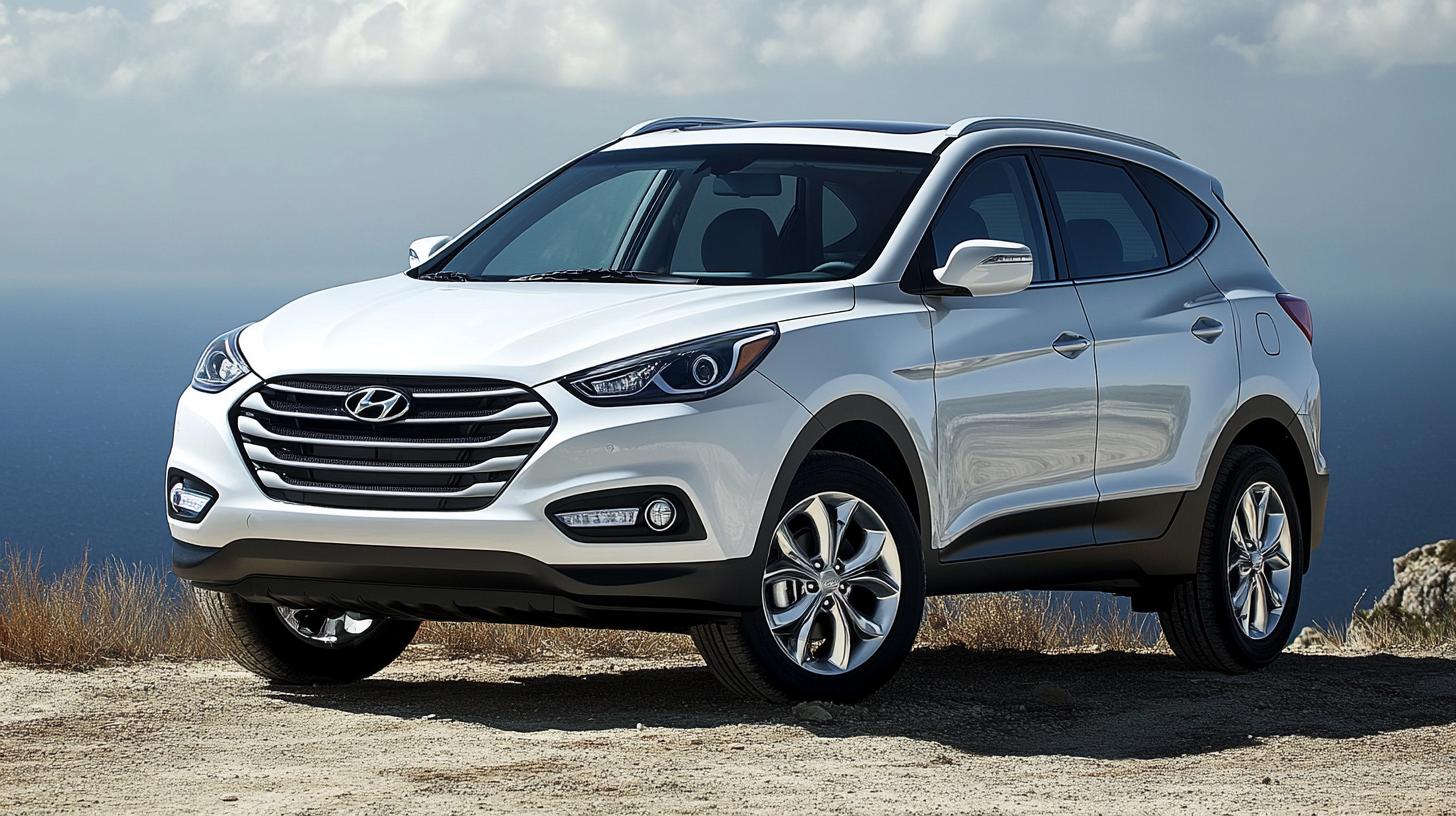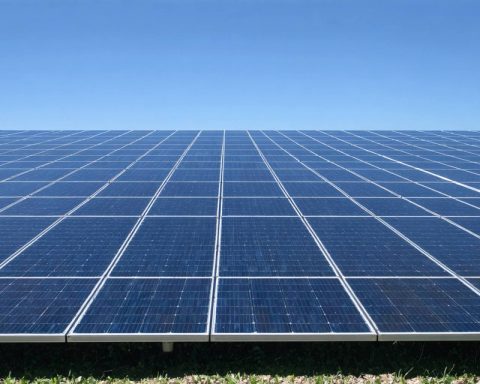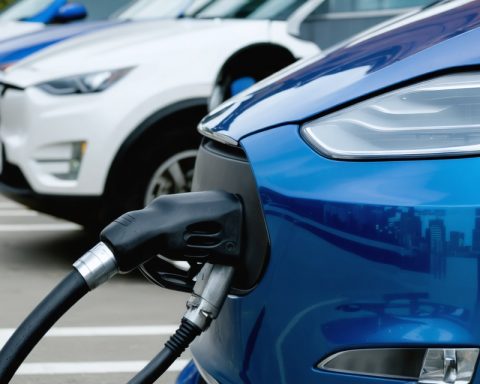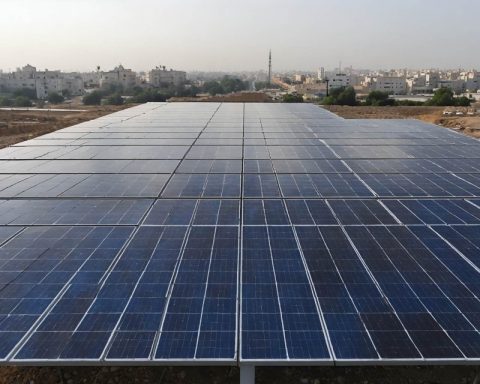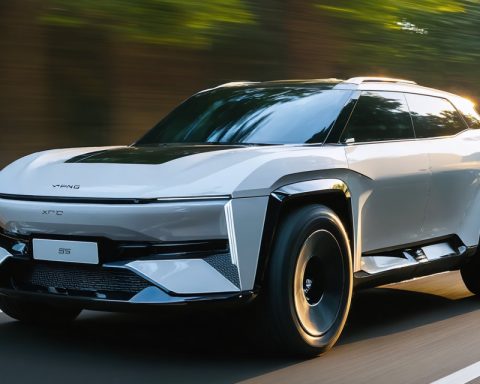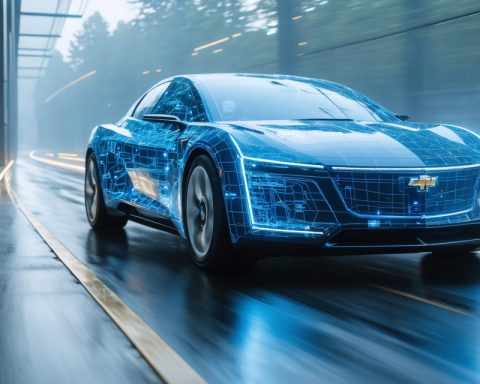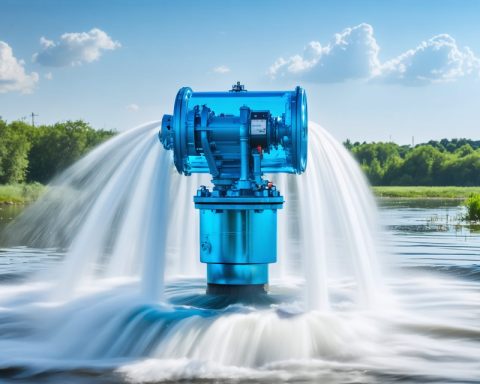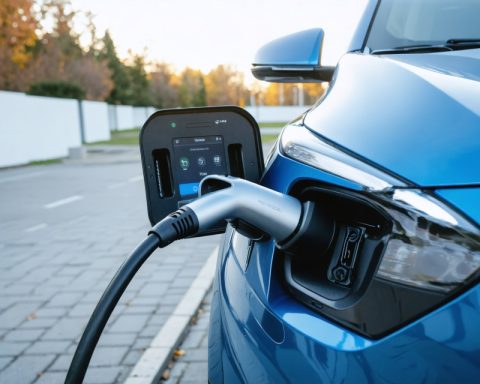Hyundai has announced a recall of over 1,500 hydrogen-powered SUVs due to potential safety hazards, as revealed by the National Highway Traffic Safety Administration (NHTSA). The issue stems from a defective pressure relief component in the vehicles’ fuel cells, which could result in a hydrogen gas leak and might lead to a fire in parked vehicles.
In response, the company is urging vehicle owners to take precautionary measures. Owners of the affected models, specifically the Nexo SUVs manufactured between 2019 and 2024, are advised to park their cars away from buildings and other structures until the issue is resolved.
This recall seems to contradict the image portrayed by some of Hyundai’s promotional materials. Despite the implication of risk due to this recall, hydrogen has been marketed as a safe alternative, largely because it disperses quickly into the air, reducing the likelihood of ignition.
The automaker has promised swift corrective actions. Hyundai plans to send out official notifications to owners from early December, explaining the defect and the corrective process. Dealerships will provide the needed repair free of charge, ensuring the faulty components in the Nexo SUVs are replaced without inconvenience to the owners.
As hydrogen technology continues to evolve, understanding its operational dynamics is essential. Unlike conventional gasoline engines, hydrogen fuel cells produce energy through electrochemical reactions and emit only water as a byproduct, making them an environmentally friendly choice.
For further insights, refer to discussions about recent government incentives for hydrogen production.
The Impact of Electric Vehicle Recalls on Society
Electric vehicles (EVs) have become a symbol of innovation and sustainability in the automotive industry. However, even the most advanced technologies are not immune to challenges. The recent recall of over 1,500 hydrogen-powered SUVs by Hyundai has highlighted potential safety hazards, which in turn affects the lives of individuals, communities, and countries invested in green technology.
Impact on Individuals and Communities
The immediate effect of such recalls is on vehicle owners. With the potential risk of gas leaks and fires, owners face not only inconvenience but also safety concerns. Advisories to park vehicles away from structures can disrupt daily routines, affecting commutes and access to personal transport. In smaller communities, where public transport is limited, this can be particularly challenging.
Additionally, the trust between consumers and manufacturers can be strained. Owners who once championed hydrogen technology might find themselves reconsidering their stance on the safety and reliability of such green technologies. Community dialogues may shift towards questioning the robustness of emerging technologies, slowing local adoption rates.
National and Global Implications
On a larger scale, recalls can influence national policies and international perceptions regarding a country’s commitment to sustainable transport solutions. For countries like South Korea, where Hyundai contributes significantly to the economy and technological innovation, this recall might influence economic forecasts and perceptions of national technological prowess.
Moreover, there’s an impact on global emission reduction targets. Hydrogen vehicles are a part of many countries’ strategies to achieve net-zero emissions. Any setback in this technology could prompt policymakers to reassess their strategies, potentially leading to delays in meeting international climate commitments.
Interesting Facts and Controversies
Despite the recall, hydrogen as a fuel source remains attractive due to its emissions-free operation—the only byproduct being water. Interestingly, hydrogen technology is often compared to battery electric vehicles (BEVs), which have also experienced their share of recalls. The primary controversy lies in the debate over the most sustainable and reliable green technology. Some argue that hydrogen’s high energy density holds promise for sectors like heavy transport, while others point to the vast infrastructure required for hydrogen fueling as a significant barrier.
The Future of Hydrogen Technology
While setbacks like recalls are part of technological evolution, they also drive innovation by highlighting areas requiring improvement. Hyundai’s promise for swift corrective actions and free repairs signifies a commitment to these advancements. This scenario provides an opportunity for manufacturers to improve their technologies and build more reliable and safe hydrogen vehicles.
Despite the challenges, continued support for hydrogen could encourage diverse energy solutions, promoting a robust ecosystem of sustainable transport technologies. Stakeholders, including governments and private sector players, must evaluate and balance the risks and benefits to foster an environment that embraces innovation while ensuring safety.
For more information on advancements in hydrogen technology, you might visit Hyundai, which explores the future of hydrogen and its role in sustainable transport solutions.
